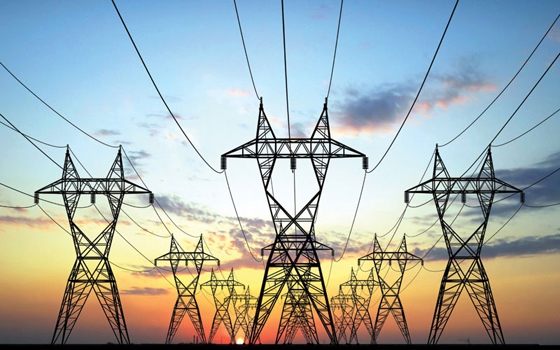Saudi Arabia will need investment of 500 billion riyals ($133.3 billion) in electricity projects over the next ten years to cope with rising power demand, its electricity and water minister said.
Minister Abdullah al-Hussayen told an industry conference the country expects peak electricity to hit 90,000 megawatts (MW) in 2022. Installed capacity is around 70,000 MW now.
Saudi Electricity, the largest power producer in the kingdom said in September peak electricity load hit its highest level ever in August driven by local demand for power during the summer. SEC's peak load rose by 10.2 percent to 62,260 MW from 56,547 MW a year earlier.
"The expansion plan in the sector…requires the execution of electricity projects for the next ten years whose costs will exceed 500 billion riyals and in which the private sector is expected to take part," Hussayen said.
Hussayen said contracts to build an electricity grid to connect Saudi Arabia and Egypt would be signed before mid-2016, and the project would operate at full capacity before mid-2019.
The project aims to allow power trading between the two countries. Peak-time summer power consumption in Saudi Arabia falls between noon and mid afternoon, when air conditioners are used most intensively, while in Egypt the peak is after sunset.
Deputy oil minister Prince Abdulaziz Bin Salman told the same conference Saudi energy consumption was expected to grow by 4-5 percent annually in the next few years, reaching double its current level by 2030 if no efficiency measures are taken.
Domestic energy consumption was around 38 percent of the total oil and gas resources produced in the kingdom, he said, repeating the kingdom would save 1.5 million barrels per day of oil equivalent by 2030 with an efficiency program he is supervising.
An extra 850,000 boepd would be saved with higher efficiency from power and water desalination plants as well as better use of feedstock for petrochemicals, which account for 19 percent of the total energy consumption in the kingdom, he added. ($1 = 3.7500 riyals)
Reuters
8 February
























































